Audio available in app
The brain is capable of creating false memories from "summary" of Phantoms in the Brain by V. S. Ramachandran
Ramachandran discusses the fascinating phenomenon of false memories in our brains. Our memories are not always accurate representations of past events; they can be distorted or completely fabricated. This happens because our brains are not flawless recording devices; they are constantly interpreting and reconstructing information based on various factors. One factor that contributes to false memories is suggestion. When exposed to misleading information or leading questions, our brains may fill in the gaps with fabricated details. This can result in the formation of memories that never actually occurred. Our brains are highly suggestible, especially when under pressure or influenced by external cues. Another factor that influences false memories is our brain's natural tendency to create coherent narratives. When faced with incomplete or ambiguous information, our brains will try to make sense of it by filling in missing pieces. This process can lead to the creation of false memories that align with our existing beliefs or expectations. Additionally, our memories are not stored like files in a cabinet; they are dynamic and susceptible to change. Each time we recall a memory, it becomes vulnerable to modification. Our brains may inadvertently alter the details of a memory, leading to the formation of false memories over time.- The concept of false memories highlights the complex and malleable nature of our brains. Our memories are not fixed or infallible; they can be influenced by various factors and prone to distortion. Understanding how and why false memories occur can provide valuable insights into the workings of the human mind.


